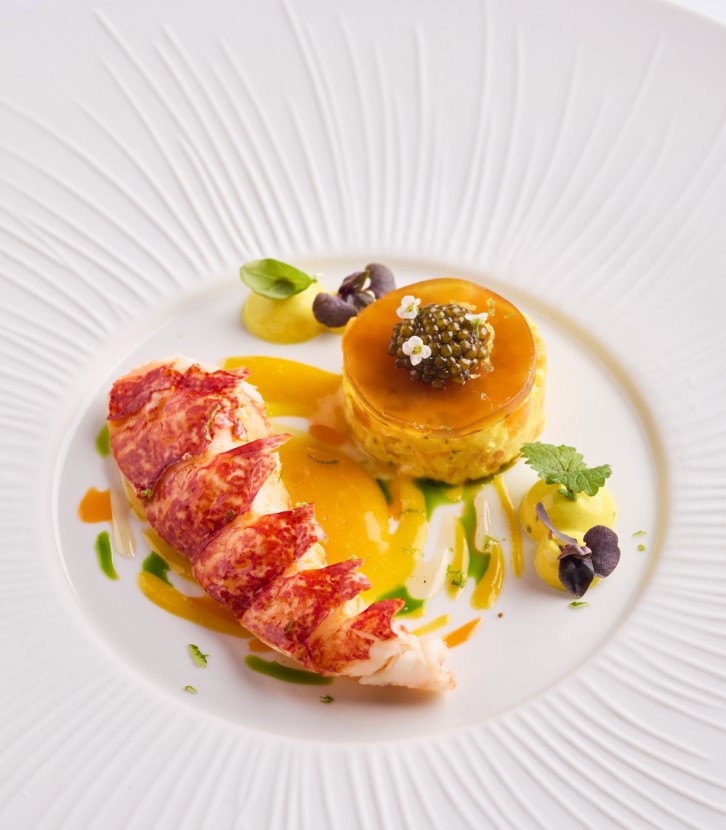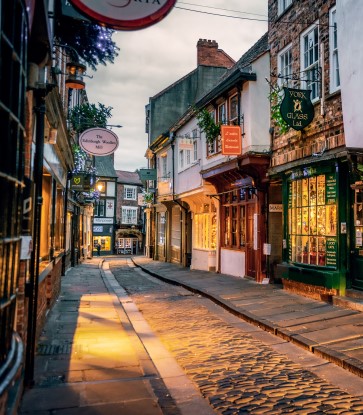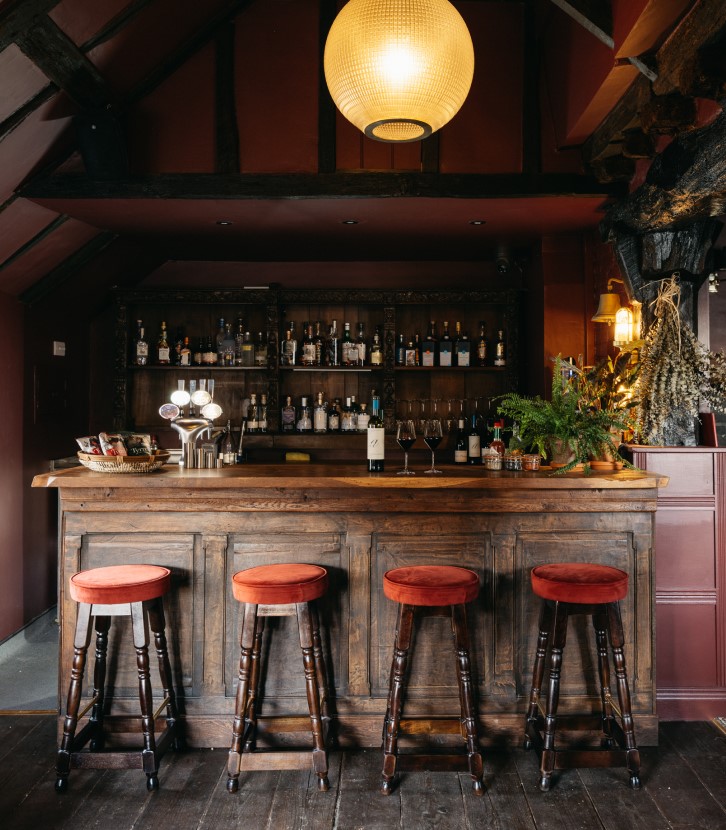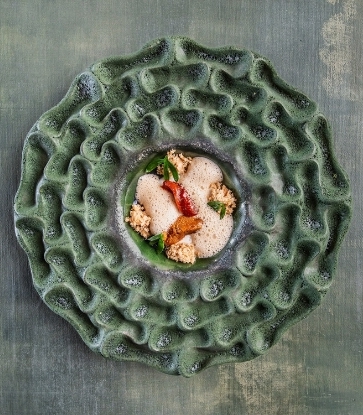When Aji Akokomi opened Akoko, he had a clear vision for its future. He wanted it to be a restaurant that introduced refined West African cooking to the British dining scene, and a restaurant that proved dishes from Nigeria, Ghana, Senegambia and more deserve the ‘fine dining’ treatment other cuisines have received. When Akoko won its first MICHELIN Star, it cemented the success of this project and his skill as a restaurateur. To learn more about both Akoko and his other London project, Akara, we caught up with Akokomi himself.
What can a first-time diner expect to find at Akoko? How would you describe your approach to food?
First-time diners can expect a unique culinary adventure that respectfully emphasises the exceptional quality of the ingredients and showcases innovation within traditional West African processes. Our food tells a story from start to finish, beginning with a deep understanding of ingredients and their cultural significance. This immersive experience takes diners on a journey to different West African regions, exploring history and unveiling the rich tapestry of flavours that define each dish – whether it's Senegambia's use of acid and seafood flavours, Ghana's unique approach to making sauces or Nigeria's unique spice mixes and layering of flavours. We are committed to preserving and evolving West African culinary traditions to provide an unforgettable exploration of the cuisine.
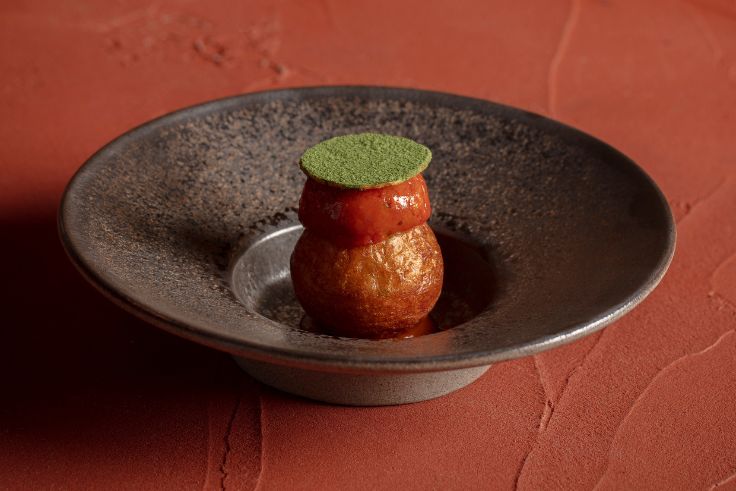
What can people expect from the feel and décor at Akoko? What sort of atmosphere are you trying to create?
Our décor draws inspiration from the simplicity of African adobe terracotta clay architecture, reflecting the sustainable and organic way of living in this region. The space is designed to evoke a warm and inviting ambience with carefully selected artwork to transport diners to a remote and scenic part of Africa, where the beauty of the landscape remains untouched.
What does it mean to you to be the founder of one of the UK's first MICHELIN-Starred West African restaurants?
It’s an incredible honour and one that fills me with pride. For me, the Star isn’t just about personal achievement – it’s about recognition of West African cuisine, culture and heritage on one of the world’s biggest culinary stages. It reflects the dedication of my team, the support of our communities and the belief that African food deserves its place alongside the great cuisines of the world. More than anything, it means future generations of African chefs can see what’s possible and feel inspired to push the boundaries even further.
Although there are a lot of West African flavours in the cooking, your menu uses largely British produce. Is it important to you to use seasonal British ingredients?
We place great importance on sourcing local ingredients. We are fortunate to have access to wonderful, high-quality produce in the UK, and the range of available ingredients is truly remarkable. As an African restaurant, we are acutely aware of the impact of climate change on farming worldwide. We believe that change begins from within, and we take our responsibility seriously by prioritising local produce, reducing wastage and supporting ethical principles. This ensures fair practices for farmers globally, enabling them to sustain themselves and ultimately leading to positive environmental and social outcomes.
Furthermore, it is crucial for us to showcase that West African food can still feel familiar. We are using the same produce found in other cuisines, such as lamb belly, dry-aged beef and lobster; it is the cooking techniques and spices that differentiate and enhance the flavours. By highlighting the unique combination of cooking methods and spices, we aim to demonstrate the distinctiveness and deliciousness of this cuisine.
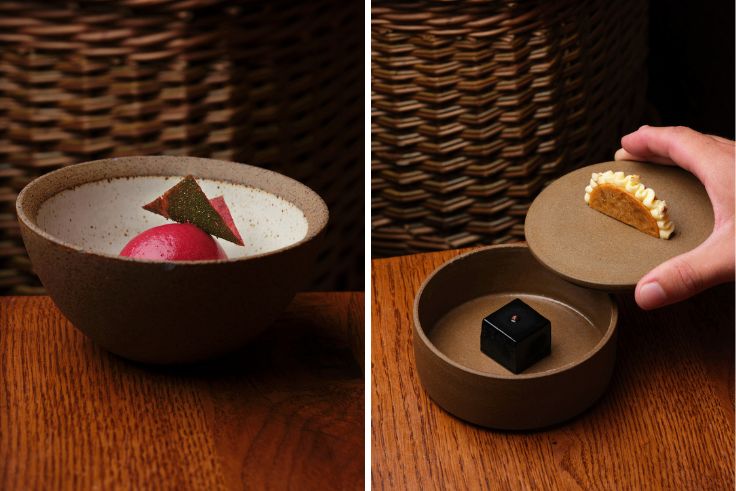
How has Akoko developed since Chef Mutaro Balde joined the kitchen team?
Mutaro and I have known each other for many years, long before he joined Akoko. We spent countless hours bouncing ideas off one another, so by the time he came into the kitchen he was already deeply familiar with the food, the philosophy and, most importantly, the vision and journey that underpin Akoko. His arrival felt less like a new beginning and more like the continuation of a shared story.
What makes this partnership so powerful is the balance we bring to one another. Mutaro grew up between Guinea-Bissau and Senegal, carrying with him a nostalgic connection to the food of his childhood, while his French technical training gives him a unique lens through which to reinterpret it. His cooking naturally leans towards freshness and acidity, particularly with seafood, while I push towards depth, umami and spice. Together, those contrasts meet in harmony and help us create dishes that feel both rooted in authenticity and elevated with refinement.
But our work goes beyond the plate. We both believe in building a kitchen culture that focuses on training, mentoring and creating the next generation of chefs. Mutaro leads with a calm authority that brings out the best in the team, and together we are shaping a legacy. My hope has always been that anyone who passes through Akoko or Akara leaves not only as a stronger chef, but as an ambassador for West African cuisine. When I see alumni carrying techniques like our approach to suya spices or stock-making into French, Japanese or even British kitchens, it gives me immense pride. Mutaro’s leadership has accelerated this process, and it is a joy to watch our shared vision ripple far beyond the walls of Akoko.
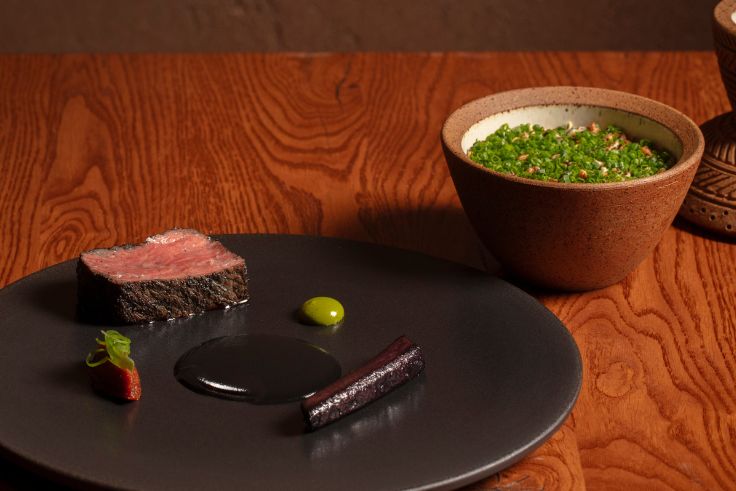
Can you tell us about your other venture, Akara? I believe it's named after a dish found in both West African and Brazilian cuisine.
Akara is one of the most quintessential dishes of West Africa. It originated in Nigeria, where it holds deep roots in Yoruba culture, which is part of my own heritage. Made from black-eyed beans and fried into golden fritters, it is a dish that has travelled far beyond its birthplace. Through the movement of people, especially during the transatlantic slave trade, Akara became a cornerstone of Brazilian cuisine, particularly in Bahia and Salvador, where it is known as Acarajé. Variations can also be found in Benin, Togo, the Caribbean and throughout the wider diaspora. It is a dish that carries a story of resilience, migration and cultural exchange.
When I opened Akara in Borough Market, I wanted the restaurant to carry that same spirit but also to begin from a different starting point. With Akoko, our fine-dining restaurant, the focus is on refinement and storytelling through the lens of West African traditions. With Akara, I wanted to show another side altogether – that there is still so much more to discover and to celebrate in our food. The dishes are not copies or simplified versions of what we do at Akoko. Instead, they are original in their own right, inspired by a wider span of influences from across West Africa and the diaspora. The menu is playful, approachable and rooted in street food traditions, but always respectful of authenticity and creativity.
For me, Akara is not just about serving a great meal. It is about opening people’s eyes to the breadth of West African cuisine, its many perspectives, flavours and forms of expression. Together, Akoko and Akara reflect the richness of a food culture that deserves to be seen and celebrated in its full dimension.
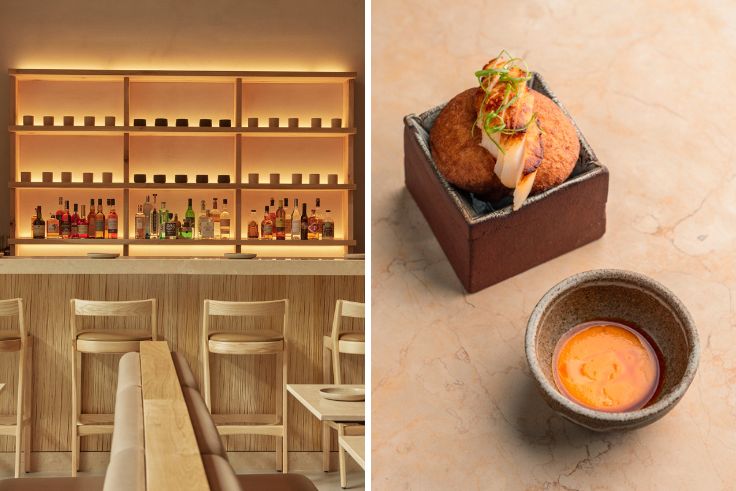
If you had to pick one West African dish to eat for the rest of your life, what would it be?
I would choose moimoi, a steamed cake made from black-eyed beans. It is closely related to akara, but instead of being fried, it is gently baked or steamed, which gives it a completely different character. What I love about moimoi is its quiet elegance: simple and delicate, yet full of flavour and deeply nourishing. At its heart it is entirely vegan, though it also carries other ingredients beautifully, making it a kind of blank canvas for creativity. If I had to eat one dish for the rest of my life, moimoi would keep me satisfied because it balances comfort with intrigue, while leaving room for endless possibilities.
Related Articles:
Hero Image: Aji Akokomi, founder of Akoko in London, and a dish from the One-MICHELIN-Star restaurant. © Jodi Hinds, John Carey










